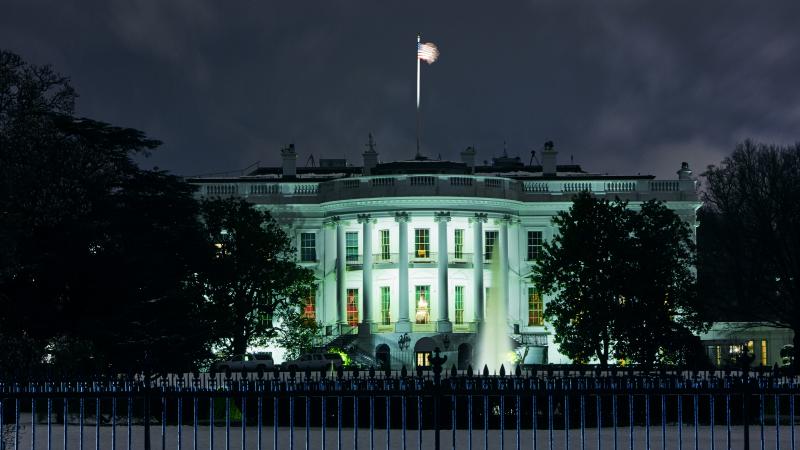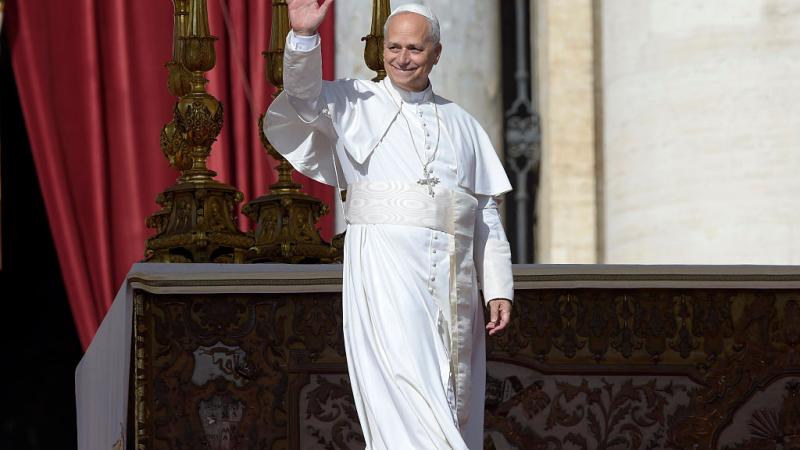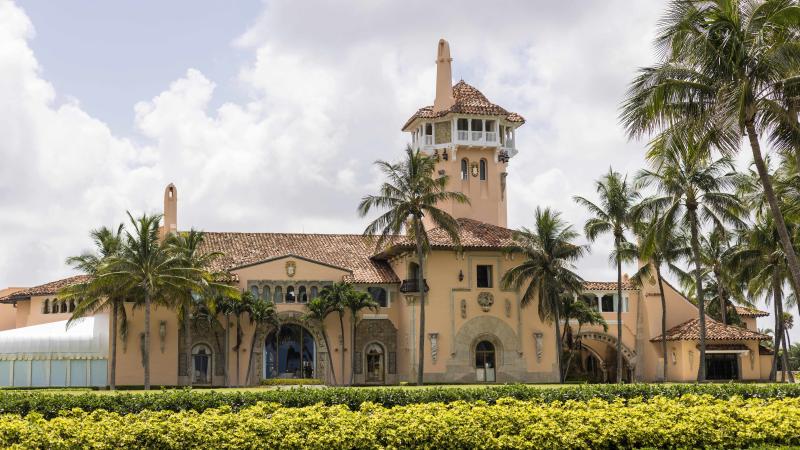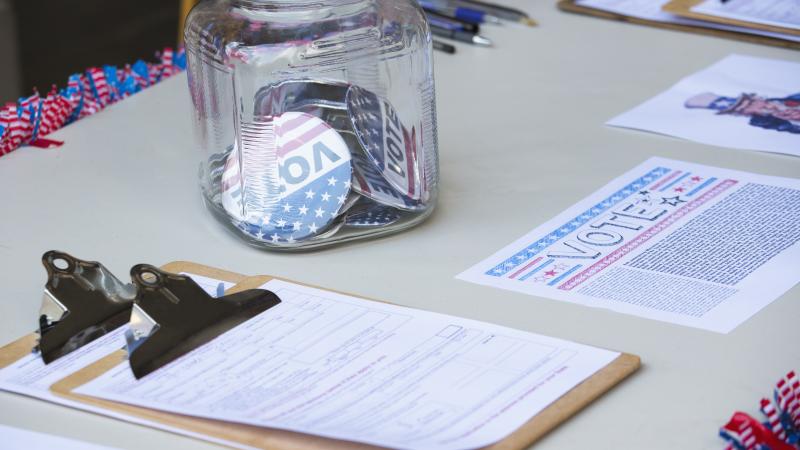SCOTUS redux? California courts reject Christian baker punished for lesbian wedding cake refusal
California appeals court overruled factual findings at trial, claiming Cathy Miller's cakes are "predesigned" - at odds with 9th Circuit on similar issue for tattoo parlors, her lawyers claim - yet California Supreme Court denied review.
It's deja vu all over again for makers of custom wedding cakes who seek to operate their bakeries based on their religious beliefs, and possibly for the U.S. Supreme Court as well.
The California Supreme Court has declined to hear a petition for review by Christian baker Cathy Miller, who says her Tastries Bakery is limited to custom wedding cakes and refused to make one for a lesbian wedding in 2017, leading her lawyers to promise to petition SCOTUS. It didn't give a reason for the denial.
A week-long trial determined Miller engages in "pure speech" and "expressive conduct" protected by the First Amendment, reflecting a SCOTUS precedent for Colorado web designer Lorie Smith, who resisted designing same-sex marriage websites and received a $1.5 million settlement from the state after the SCOTUS ruling.
But a California appeals court overruled the factual findings, deeming the white, three-tiered cake sought by Eileen and Mireya Rodriguez-Del Rio "predesigned" because it appeared as a "display cake" in the shop and allegedly held "no recognizable symbolic meaning."
That violates a 9th U.S. Circuit Court of Appeals precedent upholding the First Amendment rights of tattoo artists, who use similar "sample books" as starting points for original designs, Miller's petition says.
The couple itself "emphasized the expressive import of the cake," with Mireya testifying "she wanted a cake inspired by two of Tastries’ display cakes," and later commissioned "a tiered symbolic Styrofoam cake with a small, edible top layer" from a former Tastries employee who then served it at their wedding.
That former employee testified that she considers herself a "cake artist" and that the California Civil Rights Department, which sued Miller for declining the lesbian wedding order, "advised her not" to promote the cake she made for the Rodriguez-Del Rios on Instagram, the petition says, implying the department knew that would undermine its case.
The petition asked the California Supreme Court to consider whether the First Amendment's free speech clause protected her right to refuse creating a lesbian wedding cake, and whether the appeals court's ruling that the state's Unruh Act is "neutral" and "generally applicable" conflict with three SCOTUS and one 9th Circuit precedents since 2018.
"As a former teacher, Cathy’s process for designing wedding cakes is unique: she meets with each couple for over an hour, and spends time teaching them the religious and symbolic meaning behind the wedding cake they’re commissioning to celebrate their union," her lawyers at religious liberty law firm Becket said.
Miller set up "written design standards" early in her business in response to customers asking for designs that "contradict her faith," such as "gory or pornographic images," celebrations of drug use or depictions that "demean others" in addition to violations of "the Christian sacrament of marriage," the firm said.
Those resemble the standards observed by Colorado custom cake baker Jack Phillips, who has spent a decade in state and federal court for his Masterpiece Cakeshop's right to resist making cakes that celebrate same-sex marriage or gender transitions.
SCOTUS overruled the Colorado Civil Rights Commission on narrow grounds in 2018, that it showed religious animus toward Phillips, and ordered rehearings in similar cases by Barronelle Stutzman's shop Arlene's Flowers in Washington and Aaron and Melissa Klein's shop Sweet Cakes by Melissa in Oregon.
The Washington Supreme Court again ruled against Stutzman by finding no religious animus, and she settled with plaintiffs Robert Ingersoll and Curt Freed for $5,000 in 2021.
The Kleins might get out of fines altogether under SCOTUS direction to the Oregon Court of Appeals, which heard their case a second time in January 2024 after previously determining the Bureau of Labor and Industries showed animus toward them and yet returning the discrimination case to BOLI for another proceeding.
That appeals court still hasn't ruled 16 months later, the Kleins' lawyers at the First Liberty Institute told Just the News on Friday.
Graphic rape threats resumed after officer left
Miller has a relationship with another custom cake shop, Gimme Some Sugar, which takes the orders that violate Miller's conscience, and one referred couple "came back and thanked Miller" and returned to Tastries for future business, according to her declined petition.
She said four of her former employees "had surreptitiously supplied wedding cakes on prior occasions to at least two same-sex couples without Miller’s knowledge," however.
The Rodriguez-Del Rios refused her referral and trashed the bakery online, setting off "a social media storm that engulfed Tastries in negative Facebook and Yelp reviews," cost her "several corporate contracts" and prompted misogynistic and anti-Christian harassment and true threats against her and her employees, according to the petition.
One person said “[b]ricks through the window can serve as excellent reminders that you are not welcome in our modern society."
Miller lost several employees due to the harassment, including an anonymous man who "called the bakery incessantly and graphically threatened to sexually assault Miller’s young female employees," pausing when a police officer showed up but resuming when the officer left. "Miller concluded that the man threatening to rape her employees was watching them," the 121-page petition also alleges.
The denied review petition said the California Supreme Court must take the case to ensure uniformity with SCOTUS upholding Smith's web design rights in 303 Creative and to "settle the important question of whether a baker’s design and creation of a custom wedding cake is expressive activity."
Because California's Unruh Act requires consideration of "the particular reasons for a person’s conduct," the appeals court was wrong to invoke it as generally applicable under the SCOTUS precedent against Philadelphia for denying a foster-care contract to Catholic Social Services for its refusal to certify same-sex couples, the petition says.
The Unruh Act's exemptions for "various kinds of age discrimination in housing" also put it at odds with a SCOTUS ruling against California's targeting of churches for COVID-19 lockdowns and a 9th Circuit ruling against a school district revoking recognition to a Christian club while letting other student groups discriminate on the basis of race and sex.
The Facts Inside Our Reporter's Notebook
Videos
Links
- California Supreme Court declined
- petition for review
- received a $1.5 million settlement
- First Amendment rights of tattoo artists
- religious liberty law firm Becket said
- showed religious animus toward Phillips
- she settled with plaintiffs Robert Ingersoll and Curt Freed
- SCOTUS direction to the Oregon Court of Appeals
- SCOTUS precedent against Philadelphia
- SCOTUS ruling against California's targeting of churches
- 9th Circuit ruling against a school district















